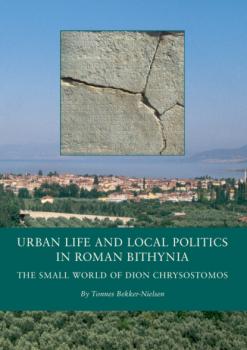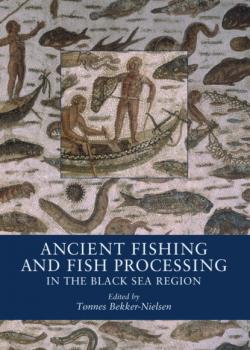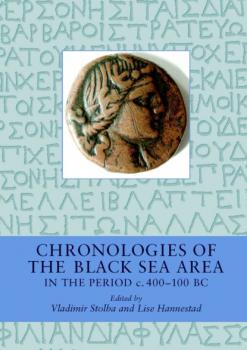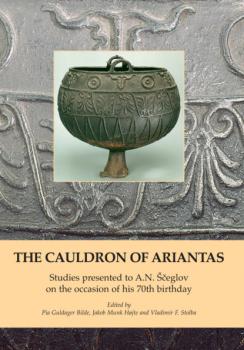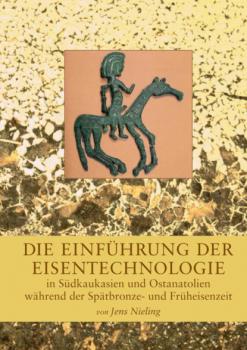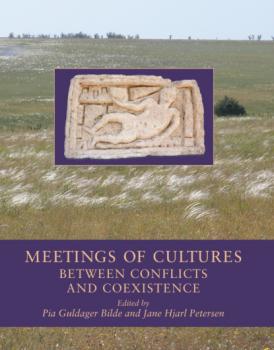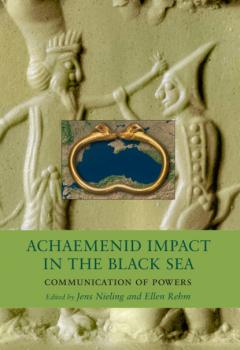ТОП просматриваемых книг сайта:
Black Sea Studies
Скачать книги из серии Black Sea StudiesАннотация
Аннотация
Аннотация
Информация о книге
Автор произведения Группа авторов
Жанр Документальная литература
Серия Black Sea Studies
Аннотация
Информация о книге
Автор произведения Группа авторов
Жанр Документальная литература
Серия Black Sea Studies
Аннотация
Информация о книге
Автор произведения Группа авторов
Жанр Документальная литература
Серия Black Sea Studies
Meetings of Cultures in the Black Sea Region - Jane Hjarl Petersen Pia Guldager Bilde
Black Sea StudiesАннотация
Информация о книге
Автор произведения Jane Hjarl Petersen Pia Guldager Bilde
Жанр История
Серия Black Sea Studies

